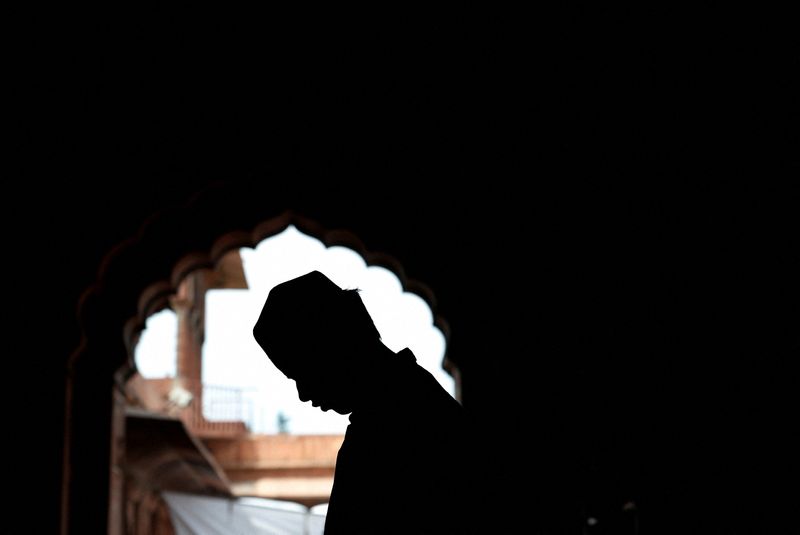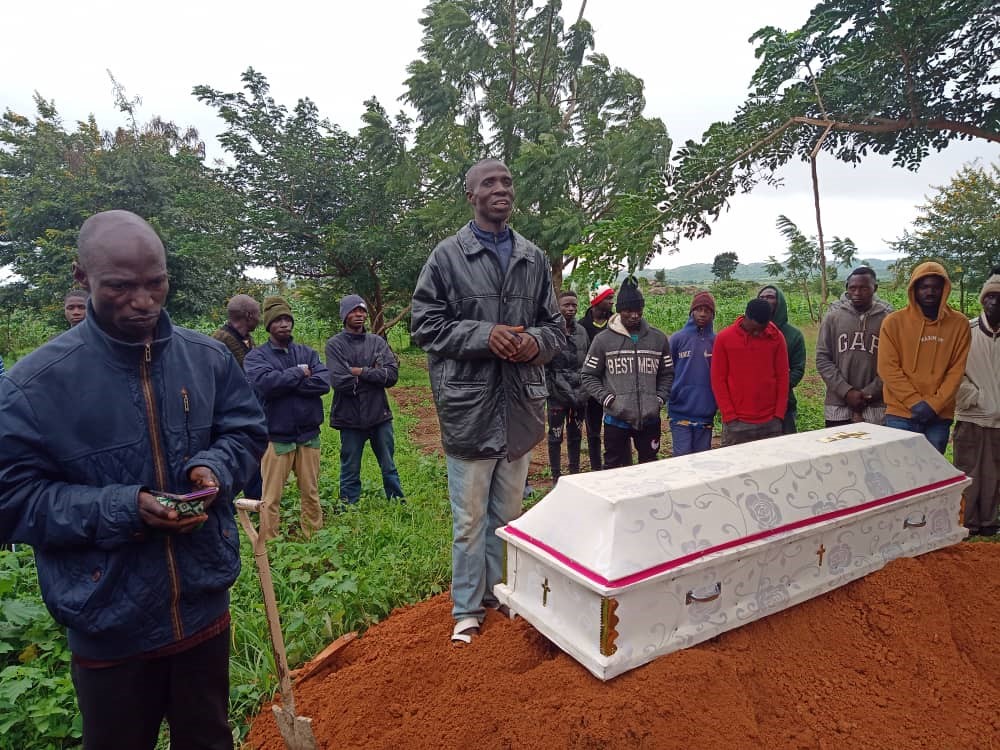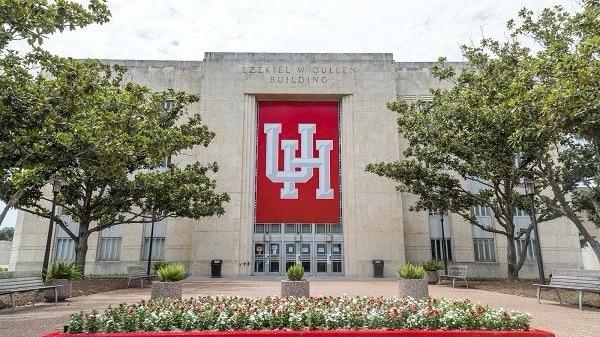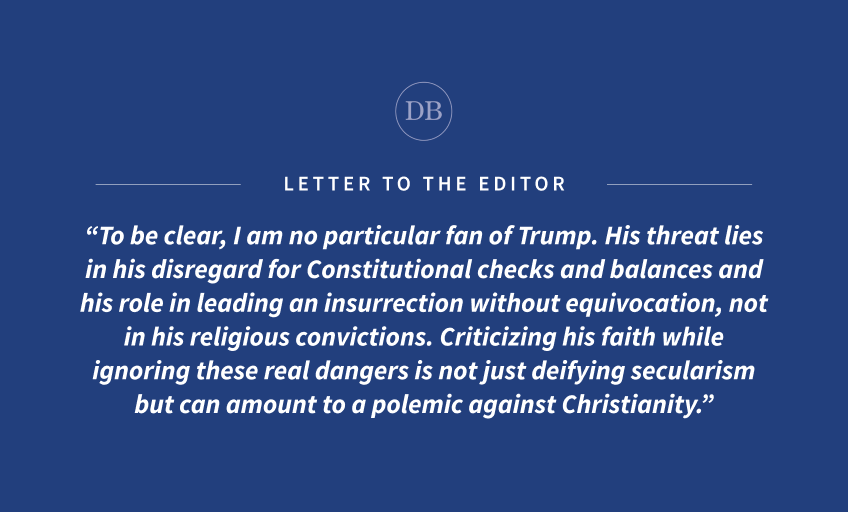Religious Freedom Panel Calls for Diplomatic Crackdown: India's Intelligence Agency Under Scrutiny
Religion
2025-03-25 22:10:23Content

In a stark assessment of religious freedom worldwide, the U.S. Commission on International Religious Freedom has raised serious concerns about the treatment of minorities in India. The commission's annual report highlights a troubling trend of deteriorating conditions for religious minorities, particularly in the South Asian nation.
The panel went further, recommending targeted sanctions against India's external intelligence agency, alleging involvement in assassination plots targeting Sikh separatists. This bold recommendation underscores the depth of the commission's concerns about religious persecution and political targeting.
Simultaneously, the report cast a critical eye on Vietnam, noting the communist-ruled country's intensified efforts to regulate and control religious affairs. Despite Washington's strategic efforts to build closer ties with Vietnam, driven by shared concerns about China, the commission suggested designating the country as a "country of particular concern" due to its restrictive religious policies.
These findings shed light on the complex challenges facing religious freedom in different parts of the world, highlighting the ongoing struggle for religious tolerance and protection of minority rights.
Religious Freedom Under Siege: A Global Examination of Minority Rights and State Interventions
In an increasingly complex geopolitical landscape, the delicate balance of religious freedom and minority rights continues to face unprecedented challenges across different nations. The intricate dynamics of state policies, international diplomacy, and cultural tensions reveal a nuanced narrative of human rights struggles that demand global attention and critical analysis.Unveiling the Hidden Struggles: A Provocative Exploration of Religious Persecution
The Indian Minority Experience: Navigating Systemic Challenges
The contemporary landscape of religious minorities in India presents a deeply troubling panorama of systematic marginalization and potential state-sponsored discrimination. Recent investigations by international watchdog organizations have illuminated profound structural challenges facing religious minority communities. The U.S. Commission on International Religious Freedom's comprehensive report exposes a multifaceted ecosystem of institutional barriers that systematically undermine the fundamental rights and social dignity of minority populations. Detailed examinations reveal intricate mechanisms of exclusion that extend beyond mere policy frameworks, penetrating social structures, economic opportunities, and cultural representations. These systemic challenges manifest through complex administrative processes, subtle legislative mechanisms, and deeply entrenched societal prejudices that collectively create an environment of sustained marginalization.Diplomatic Implications and International Responses
The international community's response to these emerging human rights concerns represents a sophisticated diplomatic ballet, balancing strategic geopolitical interests with principled advocacy for fundamental human rights. Targeted sanctions emerge as a nuanced diplomatic instrument, offering a measured approach to exerting pressure without completely destabilizing bilateral relationships. Diplomatic channels are increasingly exploring sophisticated mechanisms to address religious persecution, moving beyond traditional punitive approaches. These evolving strategies incorporate economic incentives, multilateral dialogues, and strategic engagement designed to create sustainable pathways for meaningful systemic transformation.Vietnam's Religious Regulation: A Comparative Perspective
Communist-ruled Vietnam presents another compelling case study in the complex landscape of religious governance. The state's increasingly assertive approach to religious regulation demonstrates a sophisticated model of institutional control that extends far beyond simplistic narratives of suppression. Governmental mechanisms in Vietnam reveal a meticulously crafted system of religious management, characterized by intricate regulatory frameworks that strategically balance ideological control with selective accommodation. These approaches reflect a nuanced understanding of religious dynamics, employing administrative tools to maintain societal equilibrium while preserving core political objectives.Global Implications and Future Trajectories
The interconnected nature of contemporary religious freedom challenges demands a holistic, transnational approach to understanding and addressing systemic marginalization. These emerging patterns transcend individual national contexts, revealing broader global trends in state-religion relationships. Emerging scholarly discourse suggests that these complex dynamics are not isolated incidents but part of a broader global reconfiguration of religious identities, state power, and international normative frameworks. The evolving landscape demands sophisticated, multidimensional strategies that recognize the intricate intersections of cultural, political, and social dynamics. The ongoing challenges to religious freedom represent a critical frontier in contemporary human rights discourse, requiring continuous vigilance, nuanced understanding, and collaborative international engagement.RELATED NEWS
Religion

Silent Tensions: When Faith and Conflict Collide in Nigeria's Media Narrative
2025-05-05 22:08:20
Religion

Controversy Erupts: Houston University's Hindu Studies Course Ignites National Debate
2025-03-27 11:37:57






